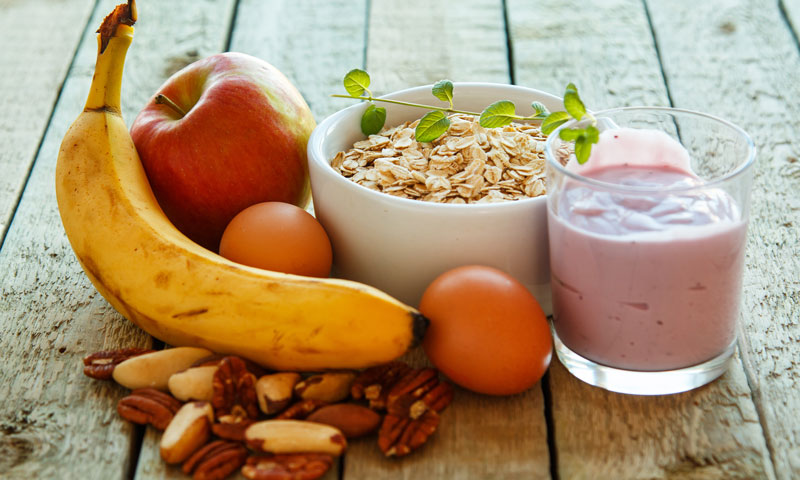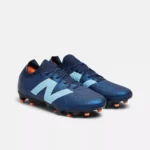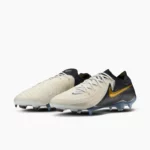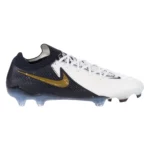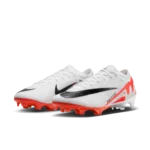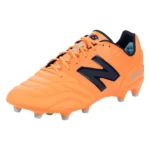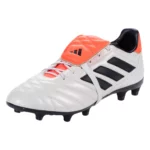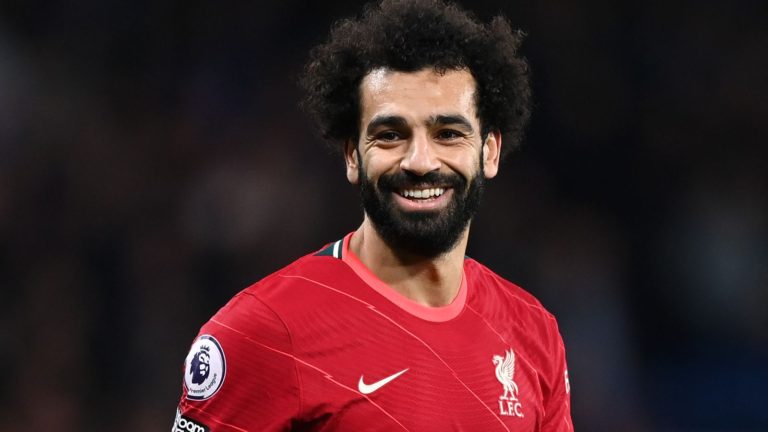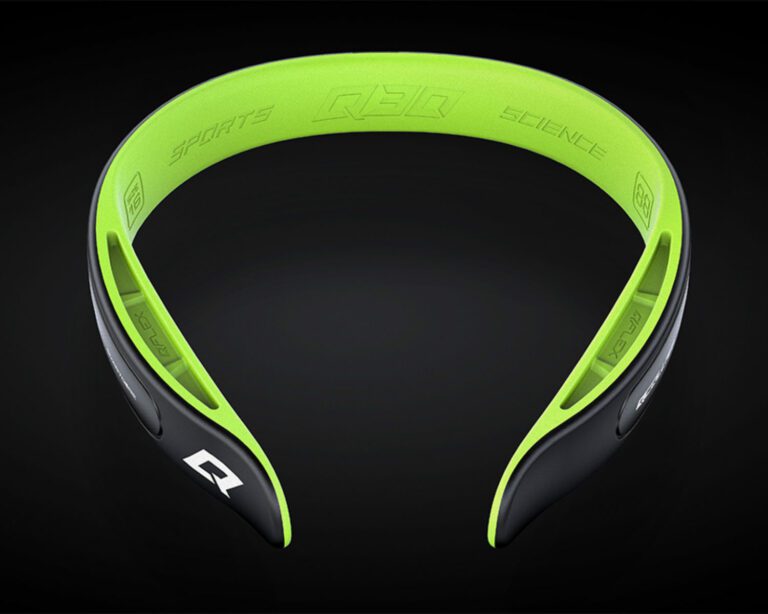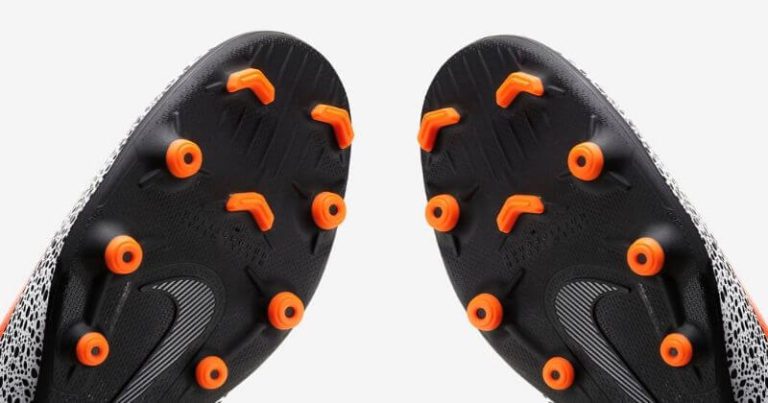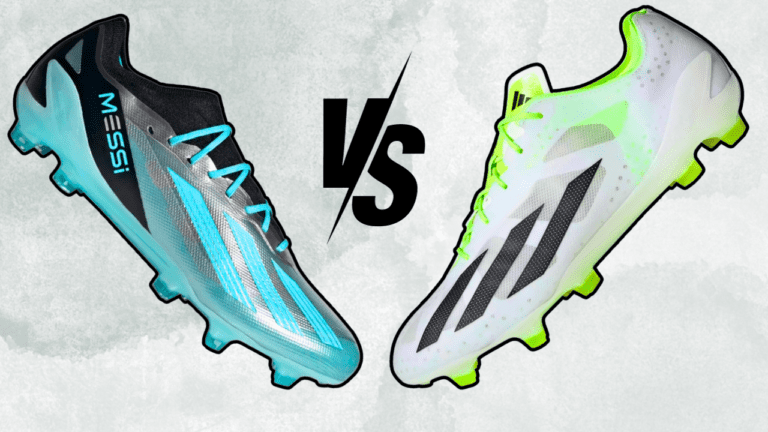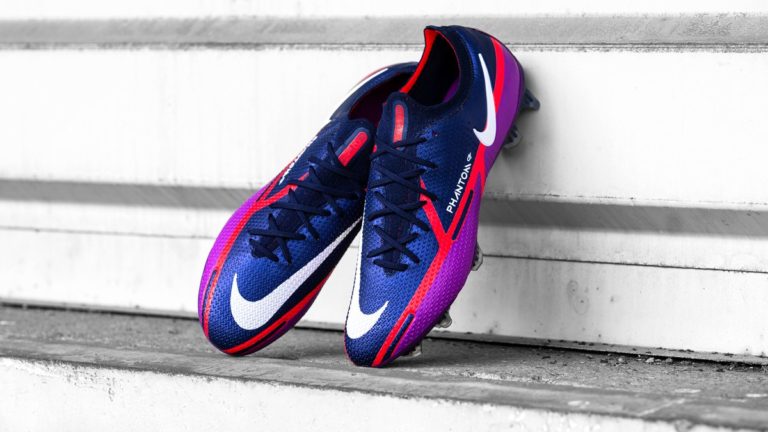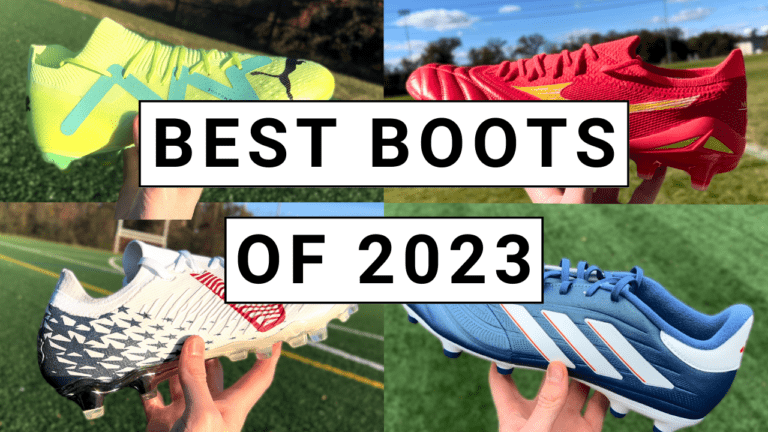Power Up: The Best Foods to Eat Before a Football Match
The Importance of Nutrition for Football Players
Football is a physically demanding sport that requires a high level of energy, endurance, and mental focus. As such, it’s essential for football players to fuel their bodies properly before, during, and after games.
Nutrition plays a critical role in performance, helping players maintain their strength, speed, and agility on the pitch. However, with so much conflicting information out there, it can be challenging to know what to eat and when.
That’s why we’ve created this ultimate guide to football nutrition, where we’ll dive into the most important aspects of pre-game, in-game, and post-game nutrition.
Whether you’re a beginner or an experienced football player, you’ll learn how to optimize your diet to maximize your performance and achieve your goals.
Pre-Game Nutrition

The Importance of a Good Pre-Game Meal
A good pre-game meal can help football players maintain their energy levels, increase endurance, and improve overall performance on the pitch.
However, the timing and composition of the meal can be just as important as the food itself.
Eating too close to game time or consuming the wrong types of foods can cause digestive discomfort, lethargy, or poor performance.
Therefore, it’s essential to plan your pre-game meal carefully to optimize your nutrition and reduce the risk of adverse effects.
Pre-Game Macronutrient Needs
The ideal pre-game meal should contain a balance of carbohydrates, protein, and healthy fats to provide sustained energy and support muscle function.
Carbohydrates are the primary fuel source for high-intensity exercise and should make up the majority of your meal. Good sources of carbs include whole grains, fruits, vegetables, and legumes.
Protein is essential for muscle repair, so be sure to include lean protein sources such as chicken, fish, tofu, or eggs. Finally, healthy fats such as avocado, nuts, and olive oil can help improve satiety, reduce inflammation, and provide additional energy.
Pre-Game Hydration

Proper hydration is crucial for football players to maintain optimal performance and prevent dehydration.
It’s recommended to drink plenty of fluids in the hours leading up to the game, especially if it’s a hot or humid day.
Be sure to avoid sugary drinks, caffeine, or alcohol before the game, as they can dehydrate you and impair performance. Water and electrolyte drinks are going to be the best option before a game.
Additionally, avoid chugging too much water immediately before running. Instead, focus on hydrating throughout the day.
Meal Ideas and Examples
Here are some pre-game meal ideas that contain a balance of carbs, protein, and healthy fats. Don’t forget to keep portions relatively small and eat 2-3 hours before playing:
- Grilled chicken breast with brown rice, roasted vegetables, and a side of avocado or nuts
- Whole-grain pasta with tomato sauce, lean ground turkey, and a side of mixed greens with olive oil and vinegar dressing
- Tofu stir-fry with brown rice, broccoli, peppers, and sesame oil
- Egg omelet with whole-grain toast, spinach, mushrooms, and a side of berries
- Turkey sandwich on whole-grain bread with hummus, sliced avocado, and raw vegetables
Remember to experiment with different foods and meal timing to find what works best for your body and your game.
In-Game Nutrition
Fueling for Optimal Performance
In-game nutrition is crucial for football players to maintain energy levels and improve performance during long matches or tournaments.
You may need to refuel the body and maintain blood sugar levels to prevent fatigue and improve focus. However, it’s important to choose the right types of foods that won’t cause digestive discomfort or take too long to digest.
Opt for simple carbs such as fruit, energy bars, or sports drinks, which can be easily digested and provide a quick burst of energy. This is why some players go for an orange slice or electrolyte drink during half time.
Hydration Strategies During Games

Staying hydrated during games is essential to prevent dehydration, muscle cramps, and poor performance.
Football players should aim to drink fluids every 15-20 minutes during the game, especially during breaks or halftime.
Water is always the best option, but sports drinks or electrolyte gels can also be beneficial for replenishing lost minerals and improving hydration.
Sports Drinks and Gels
Sports drinks and gels are popular options for in-game nutrition, as they provide quick energy and hydration without causing digestive discomfort.
However, they can also be high in sugar or artificial ingredients, so it’s important to read labels carefully and choose products with natural ingredients and balanced electrolytes.
You want something that has enough sodium to replenish what is lost through sweat. Just be sure to avoid things with too much added sugar. Products like Liquid IV are great for this purpose.
What to Drink During Games
Below are some of the drinks that players use to stay on top of their game:
- Water
- Liquid IV
- Gatorade
- Other electrolyte drinks
It’s usually best to start with water, and then supplement that with electrolyte beverages and sports drinks whenever necessary.
Post-Game Nutrition
Recovery Nutrition: Why It’s Important
Post-game nutrition is crucial for football players to recover from intense exercise, replenish glycogen stores, and support muscle repair and growth.
A proper recovery meal or snack can reduce soreness, fatigue, and risk of injury, and improve overall performance in subsequent games or practices.
Post-Game Macronutrient Needs

The ideal post-game meal should be protein focused, but also contain some carbs and fats. Protein is critical for muscle repair and recovery, so be sure to include lean protein sources such as chicken, fish, or tofu.
As mentioned previously, carbohydrates and fats also play a supplemental role in your recovery. Carbs will replace glycogen stores that may be depleted after a match.
Healthy fats such as nuts, seeds, and avocado can help reduce inflammation and improve satiety.
Post-Game Hydration
Proper hydration is also crucial for post-game recovery to rehydrate and replenish lost fluids and minerals.
Aim to drink water or electrolyte drinks as soon as possible after the game, and continue to hydrate throughout the day.
Meal Ideas and Examples
Here are some examples of post-game meal ideas that contain a balance of carbs, protein, and healthy fats:
- Grilled salmon with sweet potato, broccoli, and a side salad with avocado or nuts
- Steak with onions, rice, and steamed broccoli
- Quinoa bowl with black beans, roasted vegetables, and a side of fruit
- Lean beef or tofu stir-fry with brown rice, peppers, and sesame oil
- Chicken or vegetable soup with whole-grain bread and a side of fruit or yogurt
- Turkey or hummus wrap with raw vegetables and a side of fruit
Supplements for Football Nutrition
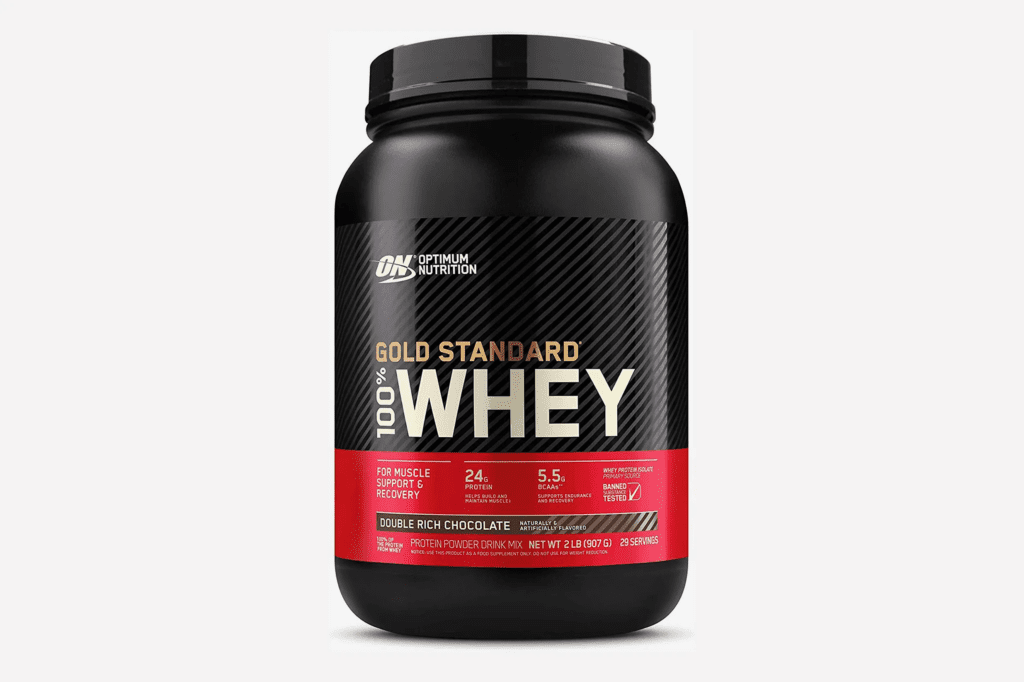
Overview of Common Supplements for Football Players
While supplements are not a substitute for proper nutrition, they can play a role in supporting an athlete’s performance and recovery.
It’s important to note that supplements are not regulated by the FDA, and their safety and efficacy may vary. However, there are some common supplements that football players may consider.
Protein Supplements
Protein is essential for muscle repair and growth. While it’s possible to meet protein needs through food alone, some football players may benefit from using protein supplements to meet their needs.
Whey protein is a common form of protein supplement, and it is quickly absorbed by the body. Casein protein is another form of protein supplement, and it is slowly absorbed by the body, making it a good option for a nighttime snack.
Recovery Supplements
Recovery supplements are designed to enhance recovery after exercise. Common ingredients in recovery supplements include branched-chain amino acids (BCAAs) and glutamine.
BCAAs can help reduce muscle soreness and improve muscle recovery. Glutamine is an amino acid that plays a role in muscle repair and immune function.
Conclusion
Final Thoughts and Recommendations
Remember, proper nutrition is essential for optimal performance and recovery. It’s important to focus on consuming adequate carbohydrates, protein, and fat, as well as staying hydrated.
While supplements may have a role in supporting your goals, they should not be a substitute for a balanced diet.
Remember that by fueling your body properly, you can take your football performance to the next level.
- Most Comfortable Football Boots of 2024
- Nike Phantom GX 2 vs Adidas Predator Elite
- Puma Future 7 Pro – Review
- Mizuno Morelia 2 Elite Review
- Nike Phantom GX 2 Elite Review
- Width Matters: Choosing the Right Football Boots for Your Feet
- Nike Premier 3 vs Copa Gloro vs NB 442 V2 Pro
- The Best Value Adidas Boot – Copa Gloro Review
- Best Predator Ever? – Predator Elite Review
